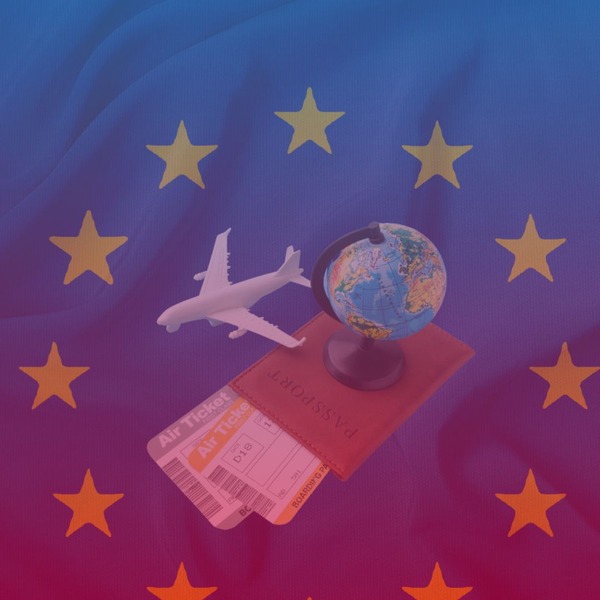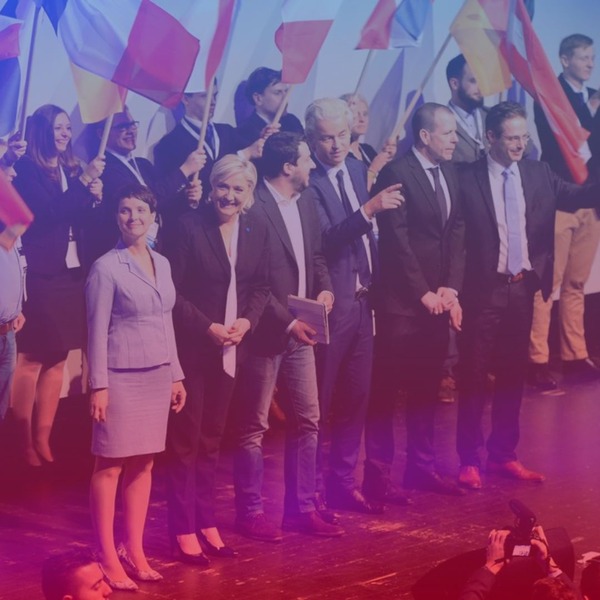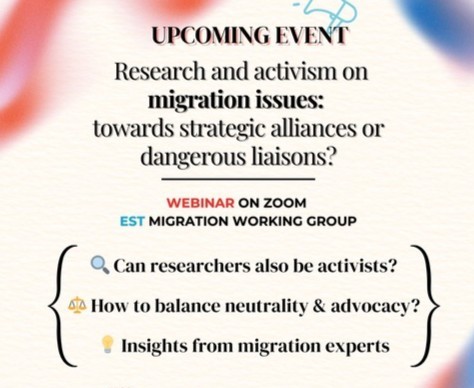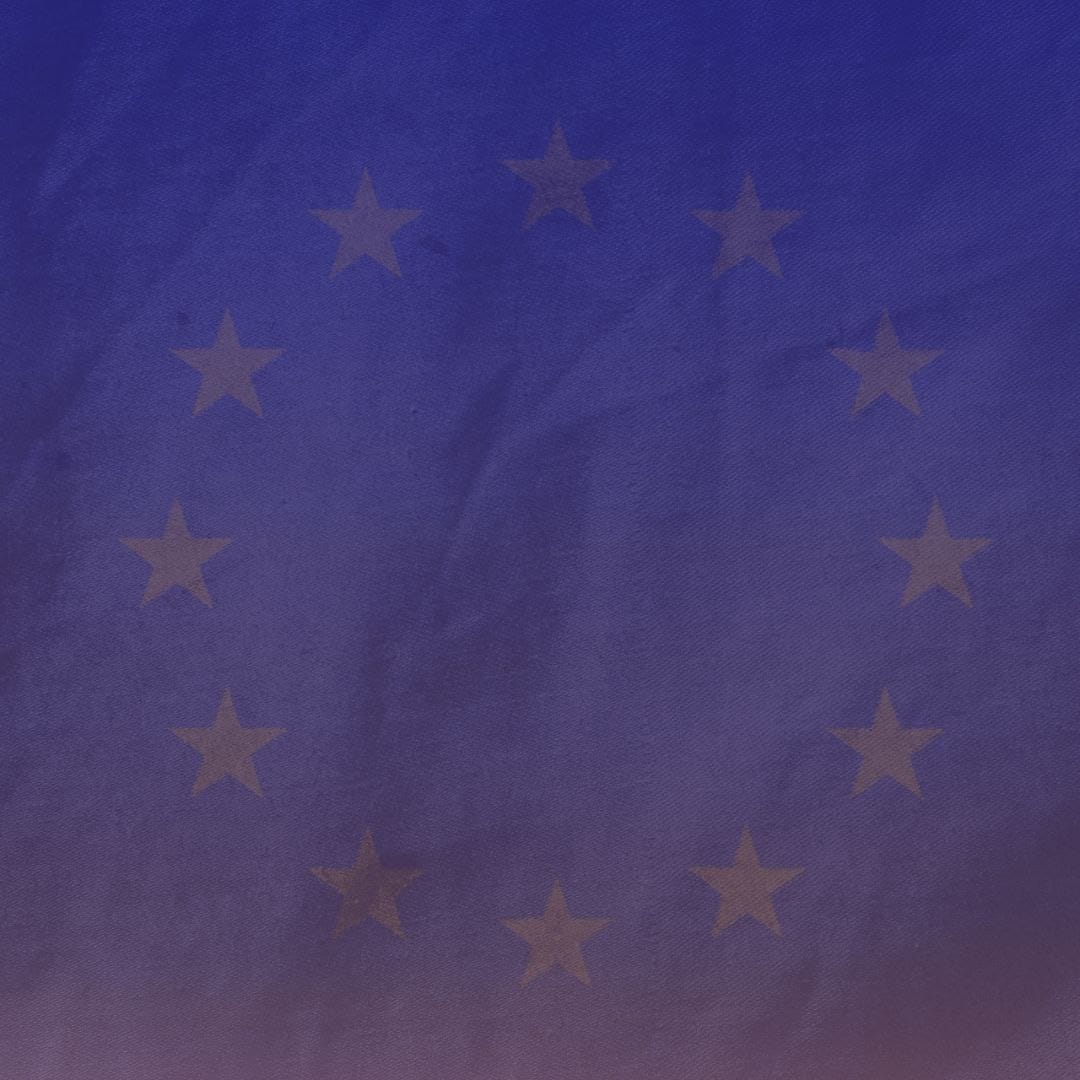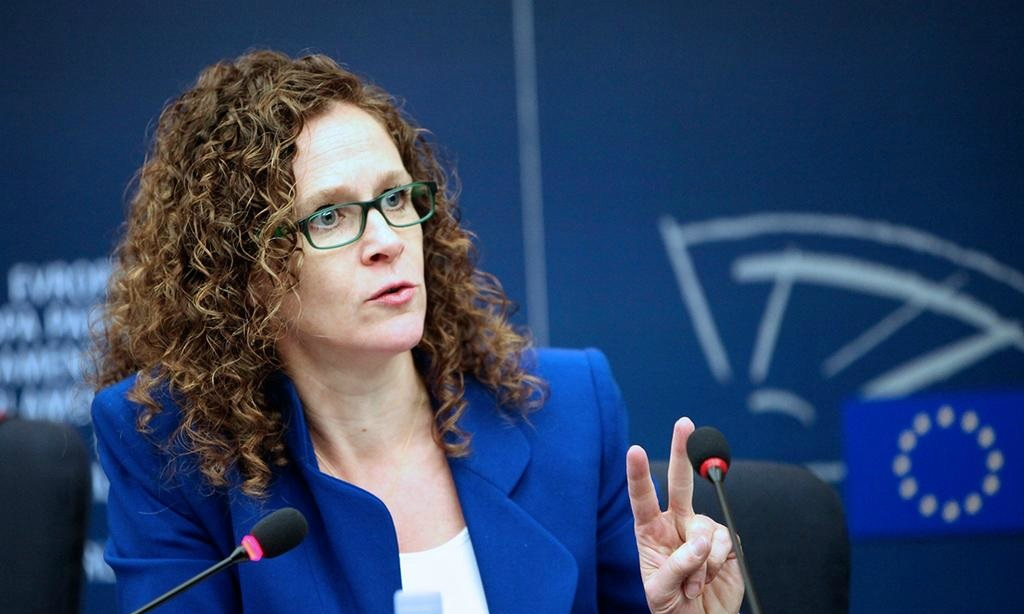

Sophie in ‘t Veld is a Dutch Member of the European Parliament in the Alliance of Liberals and Democrats for Europe. Veld studied History at the State University of Leiden and has post-doctoral training in management and public administration.
In the European Parliament she is a member of the Committee on Civil Liberties, Justice and Home Affairs and the Delegation to the EU-Turkey Joint Parliamentary Committee. Today she chats to the EST about EU-Turkey relations, youth participation in politics and making the work of the European Parliament more accessible through education.
Q. What projects are you currently undertaking in the European Parliament?
In the Parliament we are always working on a lot of issues at the same time, like the current refugee crisis, the Brexit, the Ukraine referendum in The Netherlands. The more specific areas I focus on are for example data protection and counter terrorism.
Q. What do you think of the tumultuous relations between the EU and Turkey?
The relation between the two is indeed very negative nowadays. The EU is very divided on how to handle the situation with Turkey and there is little control on the outcomes. The EU as a whole does not show leadership in this matter!
Q. Do you believe the recent agreements with Turkey will prove to be effective in the future?
A. There is no incentive for Turkey to live up to the deal. Even though they agreed to stop the enormous inflow of refugees, it poses no problem to let them through. Throughout the years the EU has given of a lot of negative signals towards Turkey becoming a member state, the cold shoulder so to say. This has given a boost to the rising nationalism in the country.
Q. How do you believe this relation will change in the nearby future?
A. That is very difficult to predict. Where the EU once was held high by a lot of nations, nowadays it holds little credibility. No one knows where we are headed, and the EU does not have the appeal that it once had. The half-hearted attitude of the EU has lead to the current situation. With Turkey, we have been ‘feeding the tiger’. A tougher approach and more unified dealing with this matter would have lead to a stronger position for the EU.
Q. Since our think tank focuses mainly on the youth, we would like to ask how you attempt to involve youth in your day to day work?
A. Basically we focus on getting to know what the position of young Europeans is and how they think on different matters. Personally I focus on making pensions more stable for future generations, which will directly affect the young generations. Also, since my first election twelve years ago I hired young staff. However, not from the usual circles of well-of highly educated students. The trainees and interns were selected from a broad variety of interested people for short training periods.
Since last year the ALDE group as a whole has taken over this approach. From all sorts of people we get applications, varying from mechanics to nurses. This program has been very successful. They for example formed their own Facebook group and really got to know people from all over Europe from different cultures and backgrounds. Even a couple was formed during a program.
Q. United in diversity?
A. Exactly! On another note, we also will be offering young people from Molenbeek the opportunity to participate at the European Parliament. A French liberal has secured the budget for this project.
Q. Interesting initiatives! Will you attempt to get media coverage for this project?
A. No, we will not be actively approaching the media for this. The prime purpose is giving them an interesting week, with no obligations. And besides, for the future they can use our network. A perfect example of this is a girl that did an internship at the European Parliament and is now wanting to set up her own NGO!
Q. Looking at another way of involving the youth, what role do social media play in your attempt to involve the youth?
A. A big role. Reaching out to people through our messages on social media is a perfect way of involving them, and also to connect directly to them. On my own Twitter I sometimes engage in dialogues as well. For Facebook, we do handle the communication a bit more jointly, where the office helps writing the posts.
Q. How do you involve schools and universities in specific in the policy process of the European Parliament?
A. Education is one of the top priorities of our party. I am not directly involved in this area, Marietje Schaake is. Nevertheless I do work on the pensions, which we attempt to make more stable for future generations, the young so to speak.
Q. And the involving of Think-Tanks?
A There are not a lot of think tanks, but sometimes they may send us information on specific topics, papers or invite us to their events. Also, when I need information on a topic, it occurs that I get into contact with them, because of their expertise on certain matters.
Q. To conclude, can you tell us what the roles of lobbyists are, and how they attempt to get into contact with you as a MEP?
A. The way we get into contact with lobbyists varies as well, from direct to indirect and from us reaching out for information to them reaching out for influencing us. We get invited to meetings regularly, they send us papers etcetera. Sometimes we host events ourselves, at which various stakeholders are present.
Q. Do lobbyists tend to focus more on the European Parliament or more on the European Commission?
A. That really depends on the topic, when the European Parliament is co-legislator, lobbyist often contact us MEPs, but if this is not the case the focus lies more on the Commission.
- EU Foreign Policy
- Eurocrisis
- European Integration
- Geen categorie
- Interviews
- Migration
- Q&A
- Uncategorized

 The ’Ndrangheta’s Infiltration and Threat to European Institutions
The ’Ndrangheta’s Infiltration and Threat to European Institutions  From Paper to Practice: How Grassroots Norms Undermine Gender Rights in Pakistan
From Paper to Practice: How Grassroots Norms Undermine Gender Rights in Pakistan  Exploited Childhoods: The Role of Global Corporations in Perpetuating and Mitigating Child Labour
Exploited Childhoods: The Role of Global Corporations in Perpetuating and Mitigating Child Labour  Human Rights Challenges in Addressing SLAPPs in Media, NGOs and Journalism in the EU
Human Rights Challenges in Addressing SLAPPs in Media, NGOs and Journalism in the EU 